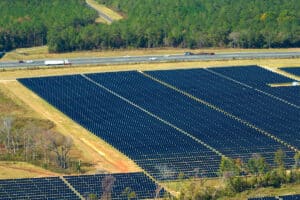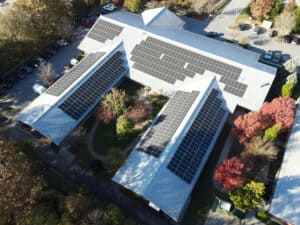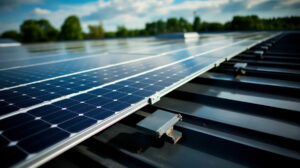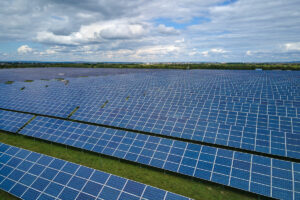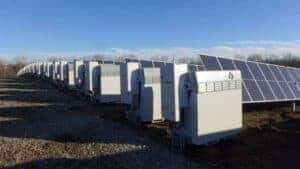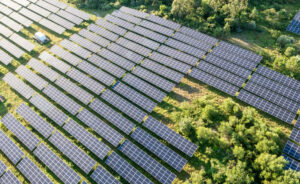The Caribbean region has long been vulnerable to natural disasters such as hurricanes, earthquakes, and floods. In recent years, however, climate change has intensified the frequency and severity of these events, leaving the region in a constant state of recovery and rebuilding. One way to increase the resilience of the Caribbean is to transition to renewable energy sources. This article will explore the benefits of clean energy in the Caribbean and the challenges that must be overcome to make this transition a reality.
Read: Solar Demand Increasing in Puerto Rico
Introduction
The Caribbean is a region of small island states that are highly vulnerable to natural disasters, climate change, and the impacts of global warming. The region has long relied on fossil fuels for its energy needs, which has contributed to high levels of greenhouse gas emissions and air pollution. In recent years, however, there has been a growing movement towards clean energy, which can provide a more sustainable and resilient future for the Caribbean.
The Benefits of Clean Energy
Reduced Dependence on Fossil Fuels
One of the main benefits of clean energy is that it reduces the Caribbean’s dependence on fossil fuels. Fossil fuels are finite resources that are subject to price volatility and supply disruptions, which can have a significant impact on the Caribbean’s energy security. By transitioning to clean energy sources, such as solar, wind, and hydroelectric power, the Caribbean can reduce its reliance on imported fossil fuels and improve its energy independence.
Lower Energy Costs
Clean energy sources can also help to lower energy costs in the Caribbean. The cost of renewable energy technologies, such as solar panels and wind turbines, has fallen significantly in recent years, making them increasingly competitive with fossil fuels. By investing in these technologies, the Caribbean can reduce its energy bills and create new economic opportunities in the clean energy sector.
Improved Public Health
Fossil fuels are a significant contributor to air pollution, which can have a negative impact on public health. By transitioning to clean energy sources, the Caribbean can improve air quality and reduce the incidence of respiratory illnesses and other health problems associated with air pollution.
Increased Resilience
Clean energy can also increase the resilience of the Caribbean to natural disasters and climate change. Solar and wind power, for example, can be used to provide backup power during power outages, which are common in the aftermath of hurricanes and other disasters. By investing in clean energy, the Caribbean can create a more resilient energy system that is better able to withstand the impacts of climate change.
Challenges to Clean Energy in the Caribbean
While there are many benefits to clean energy in the Caribbean, there are also significant challenges that must be overcome to make this transition a reality. Some of the key challenges include:
High Initial Costs
One of the biggest challenges to clean energy in the Caribbean is the high initial cost of installing renewable energy systems. While the long-term cost savings can be significant, many Caribbean countries lack the financial resources to make the upfront investments needed to transition to clean energy.
Limited Technical Capacity
Another challenge is the limited technical capacity in the Caribbean to design, install, and maintain renewable energy systems. Many countries lack the expertise and training needed to effectively implement these technologies.
Inadequate Regulatory Framework
The regulatory framework for clean energy in the Caribbean is often inadequate or non-existent. This can create barriers to investment and make it difficult for clean energy companies to operate in the region.
Conclusion
Clean energy is a critical component of building resilience in the Caribbean. By transitioning to renewable energy sources, the region can reduce its dependence on fossil fuels, lower energy costs, improve public health, and increase its resilience to natural disasters and climate change.
Rebuilding the Caribbean with clean energy is a challenging but necessary task that requires the collaboration of international organizations, governments, and local communities. By embracing renewable energy sources and microgrids, the Caribbean can build a more resilient and sustainable energy infrastructure that can withstand future natural disasters. The success of these initiatives will not only provide access to electricity but also create economic opportunities for the region.

